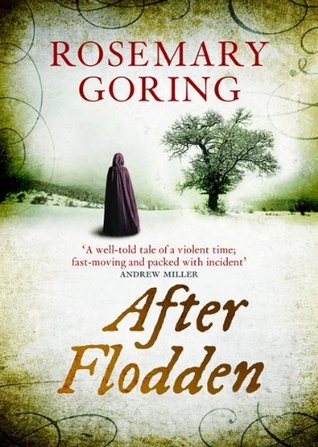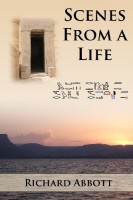This weekend the Historical Novel Society London 2014 conference took place, in a university building conveniently close to Baker Street. I was there for Friday evening and all day Saturday, and had a great time enjoying the mixture of planned presentations, workshops, and free time mingling with other delegates. It was especially fun meeting face to face with people I have chatted with online, and having time to find out more about them than just a shared interest in fiction! Unlike me, who had at most a 3/4 hour journey on the London Underground to get there, many people had travelled from different parts of Europe, the USA and Australasia to be there. I’m sure that the continuation of these conversations, as well as following up the various bits and pieces I collected, will take some time.

Meanwhile, I participated today in a “Game of 7’s” chain post on Google+. Rather like a similar thing a few week back, you had to post 7 lines from the 7th line of the 7th page of your current WIP. Inevitably I interpreted this a little loosely and came up with the following extract from The Flame Before Us:
It had been a long journey for them all, south and east after the great city of Wilios had fallen. That siege, and the sack which followed, had been a moment of concerted initiative for them, a beginning of something new. Afterwards, a few of the smaller clans had returned across the sea to their former homes, but most of them had carried on travelling, lured on by the thought of other rich prizes scattered up and down the land.
That was a great many months ago, however. Nikleos’s clan, and its leader Antos, had started to grow weary of the endless, relentless movement onward. Over the months they had lost friends and kinfolk: a few from sickness, but the larger part in war. It might well be a good way to die for those concerned, but for the ones who were still alive, every loss left the remaining families a little less able to manage. Before too long they would need to settle for a while and recover.
The heady unity of the original impetus was ebbing away.







